
With the wide application of digital twin technology in all walks of life, the digital twin market is experiencing vigorous development. The driving forces behind this growth include leaps on the Internet of Things (IoT), artificial intelligence (AI) and data analytics technologies, as well as the urgent need for businesses to improve operational efficiency and implement predictive maintenance. According to IoT Analytics, the digital twin market will continue to expand at a compound annual growth rate of about 30% through 2027.
Digital twin technology can replicate the physical characteristics and behavior of devices, providing powerful support for analysis and testing. However, with digital twins alone, it is still difficult for manufacturers to gain full insight into potential failures and inefficiencies.
Communication service providers in Asia have begun to deploy the Connectivity Twin, an innovative technology in the iot space that focuses on network infrastructure and perfectly complements the digital twin. By addressing connectivity challenges, connected twins accelerate iot deployment, enhance network reliability, and drive significant improvements in business outcomes.
The importance of iot in manufacturing and supply chains
Manufacturing plants are extremely complex. Products and production processes change frequently, so over the past few years, manufacturers have been keen to use iot to connect machines to optimize production processes and create safer and more efficient facilities.
Iot technology allows devices to communicate with each other, share data, make autonomous decisions based on real-time information, or alert employees to performance and maintenance issues. Some common cases for iot include security monitoring, automation of production line processes such as quality control, and providing more precise data and analytics.
In the supply chain space, iot solutions can help track, manage and deliver goods. Apps can help automate or monitor specific sorting and packaging processes, and brands like Amazon are already using them. They can even monitor the entire supply chain, just as Volvo uses iot technology to track the delivery of car parts around the world. As long as iot can provide data, digital twins can visualize that data and provide better insights.
Digital twins are an important tool for simulating and optimizing manufacturing processes and products. They can help manufacturers identify product quality differences, detect defects and find inefficiencies in production. By virtual cloning assets and processes, digital twins can gain insight into production lines, assets, and end products and improve their visibility, enabling more informed decision-making and process improvement. However, iot troubleshooting goes far beyond the device itself.
Any iot application consists of three key components: device, application, and connectivity. Iot devices are responsible for collecting data, applications analyze the data and mine its value, and connectivity tightly integrates these elements. The importance of connectivity in iot management is often overlooked, but its role cannot be underestimated.
How twinning works
In manufacturing, for example, the connected twin is reshaping the production sector with enhanced real-time monitoring, predictive maintenance, and automation. By providing a virtual model of the network infrastructure, the connected twin enables manufacturers to monitor the performance of networked devices, ensure smooth data flow, and minimize disruptions.
Specifically, connection twins obtain connection information by virtually cloning the device's SIM card or eSIM card. This helps maintain the continuity of the production line, improves quality control, and ensures consistent communication between automated systems and iot devices.
In addition, the Connected twin provides centralized tools for monitoring and optimizing device connectivity, simplifying the management of large-scale iot deployments. This is particularly important for smart manufacturing environments with complex networks of sensors, machines and cloud systems. They also enable better data integration and analytics to help make smarter decisions, improve workflow efficiency and optimize resource use, while supporting supply chain and logistics operations.
In the Asia-Pacific region, the booming development of iot, 5G and smart manufacturing is driving the rapid growth of connected twin applications. Countries such as China, Japan, South Korea and Singapore are leading the way in adopting these technologies, leveraging connected twin technologies to enhance industrial operations, smart city projects and telecommunications networks.
In countries with strong industrial bases and digital transformation initiatives, leading companies are actively integrating connected twin technologies into their operations to gain a competitive advantage, optimize processes, and increase ov
The Products You May Be Interested In
 |
CCR0512FPXXXZ01A | AC/DC CONVERTER 12V 500W | 348 More on Order |
 |
FLP0412FPMXXZ01A | FLP0412FPMXXZ01A 450W OPEN FRAME | 407 More on Order |
 |
CAR0812DCXXXZ01A | DC/DC CONVERTER 12V 850W | 271 More on Order |
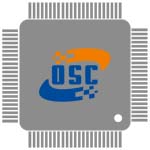 |
AXH010A0F-SR | DC DC CONVERTER 3.3V 33W | 408 More on Order |
 |
FNW500R64-18Z | DC DC CONVERTER 28V 500W | 477 More on Order |
 |
JNW350R641Z | DC DC CONVERTER 28V 350W | 333 More on Order |
 |
QW020A0G1 | DC DC CONVERTER 2.5V 50W | 272 More on Order |
 |
QW015A0F1-S | DC DC CONVERTER 3.3V 50W | 240 More on Order |
 |
QRW035A0F41 | DC DC CONVERTER 3.3V 116W | 100 More on Order |
 |
QHW100G71 | DC DC CONVERTER 2.5V 50W | 167 More on Order |
 |
NH020G | DC DC CONVERTER 2.5V 20W | 324 More on Order |
 |
LW010CL | DC DC CONVERTER +/-15V 10W | 458 More on Order |
 |
LAW005CL | DC DC CONVERTER +/-15V 5W | 435 More on Order |
 |
LAW005B | DC DC CONVERTER 12V 5W | 363 More on Order |
 |
JW150B1 | DC DC CONVERTER 12V 150W | 188 More on Order |
 |
JW075F | DC DC CONVERTER 3.3V 50W | 231 More on Order |
 |
JW050C1 | DC DC CONVERTER 15V 50W | 443 More on Order |
 |
JAW075A1 | DC DC CONVERTER 5V 75W | 369 More on Order |
 |
HW006A0G1-S | DC DC CONVERTER 2.5V 15W | 117 More on Order |
 |
ATH016A0X3 | DC DC CONVERTER 0.8-3.6V 58W | 147 More on Order |
 |
QBVW033A0B941Z | DC DC CONVERTER 12V | 485 More on Order |
 |
EBVW020A0B841-HZ | DC DC CONVERTER 12V | 275 More on Order |
 |
PDT006A0X43-SRZ | DC DC CONVERTER 0.45-5.5V | 328 More on Order |
 |
APTS020A0X43-SRZ | DC DC CONVERTER 0.7-5.5V 110W | 689 More on Order |

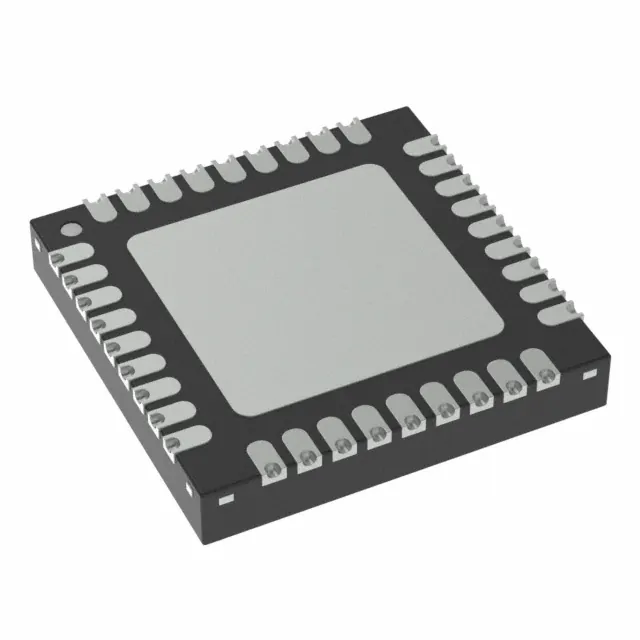 Semiconductors
Semiconductors









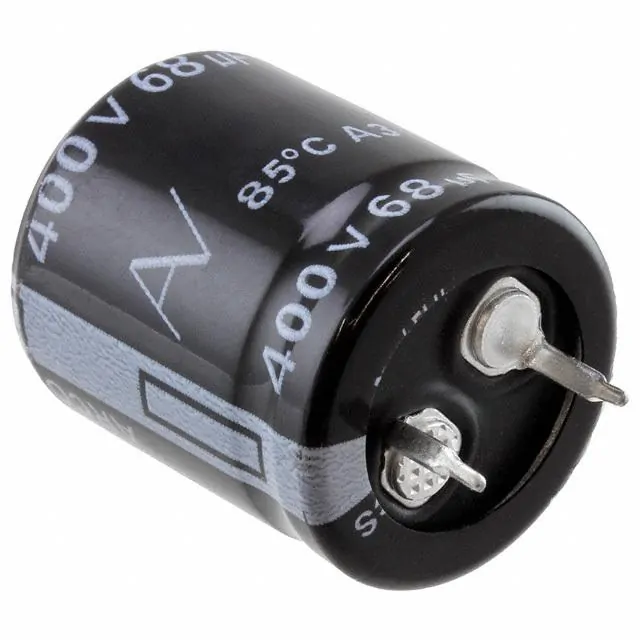 Passive Components
Passive Components









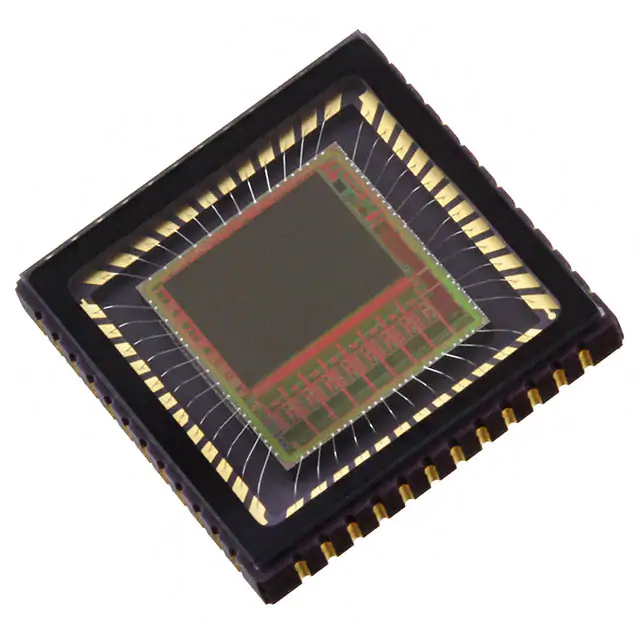 Sensors
Sensors








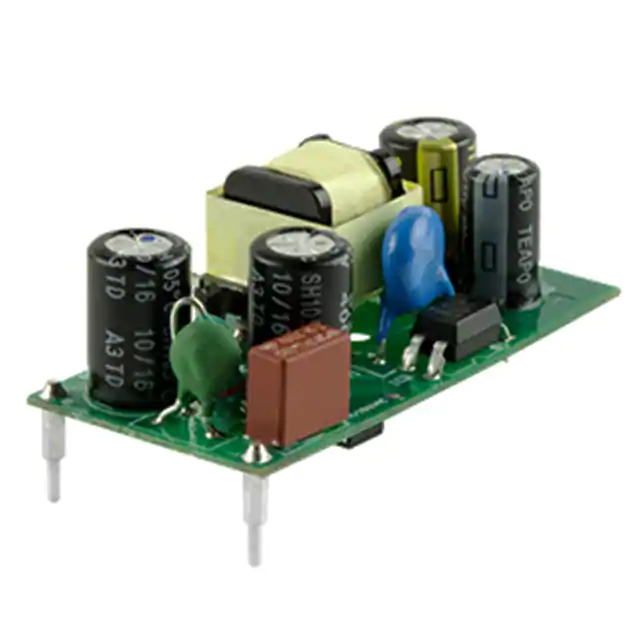 Power
Power









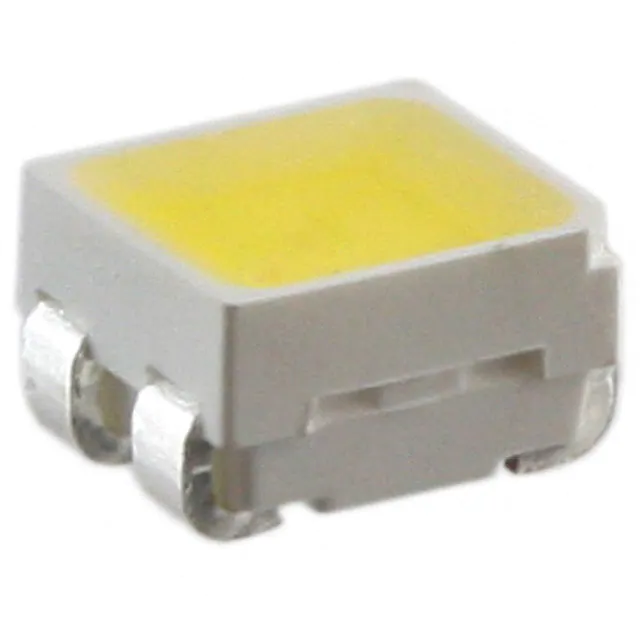 Optoelectronics
Optoelectronics








